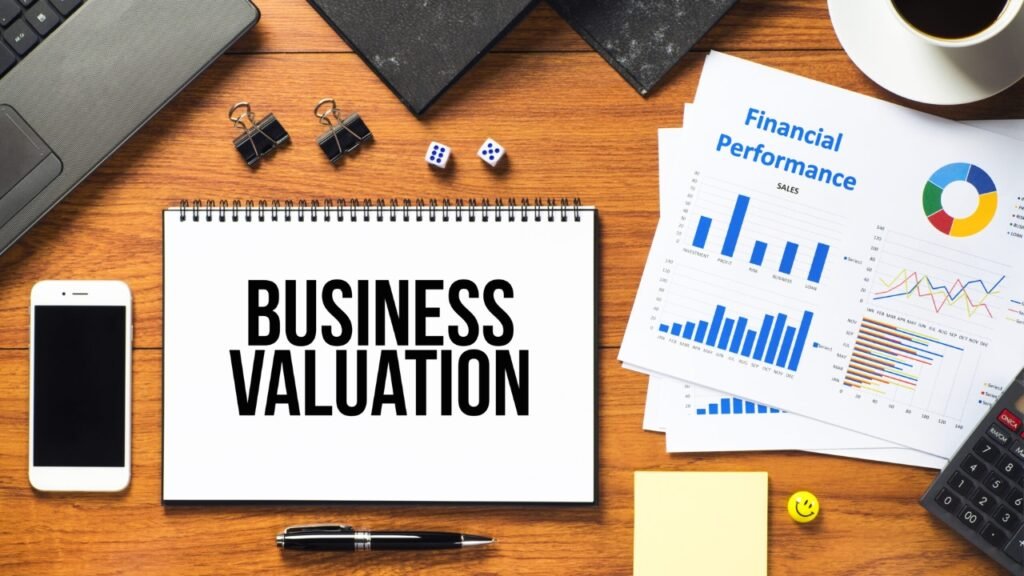In the dynamic world of entrepreneurship, knowing the true value of your business is critical. Whether you’re contemplating a sale, seeking investors, or planning for succession, understanding how do you value a business is fundamental. This question isn’t just about numbers; it’s about comprehending the essence of your company’s worth in the marketplace.
Understanding Business Valuation
How do you value a business involves determining its economic value, which can be influenced by various factors such as assets, earnings, market position, and prospects. This process is essential for making informed decisions, attracting investors, and ensuring fair transactions.
Key Approaches to Business Valuation
The income approach focuses on the company’s ability to generate future earnings. This method estimates the present value of expected future cash flows, often using Discounted Cash Flow (DCF) analysis. It’s particularly useful for businesses with stable and predictable income streams.
Market Approach
The market approach compares the business to similar companies that have been sold recently. By analyzing market multiples, such as price-to-earnings ratios, this method provides a valuation based on current market conditions and trends.
Asset-Based Approach
This approach calculates the value of a business based on its assets and liabilities. It involves determining the net asset value by subtracting total liabilities from total assets. This method is often used for companies with significant tangible assets.
Factors Influencing Business Valuation
Several elements can impact the valuation of a business:
- Financial Performance: Consistent revenue growth and profitability enhance value.
- Market Conditions: Economic trends and industry dynamics play a role.
- Management Team: Experienced leadership can increase investor confidence.
- Customer Base: A loyal and diverse customer base adds stability.
- Competitive Advantage: Unique products or services can command a premium.
Expert Insight
Renowned valuation expert Aswath Damodaran emphasizes the importance of understanding a company’s intrinsic value.
“Valuation is not about precise numbers; it’s about understanding the business and its environment.”
This perspective highlights the need for a comprehensive analysis beyond mere financial metrics.
Practical Steps to Value Your Business
- Gather Financial Statements: Compile income statements, balance sheets, and cash flow statements for the past few years.
- Choose the Appropriate Valuation Method: Select the method that best suits your business type and industry.
- Adjust for Non-Recurring Items: Remove one-time expenses or revenues to reflect ongoing operations.
- Consult Professionals: Engage with financial advisors or valuation experts for accurate assessments.
Conclusion
Determining how do you value a business is a multifaceted process that requires careful consideration of various factors. By understanding the different valuation methods and the elements that influence value, business owners can make informed decisions that align with their strategic goals. Remember, the true worth of your business lies not only in its financials but also in its potential for future growth and success.


